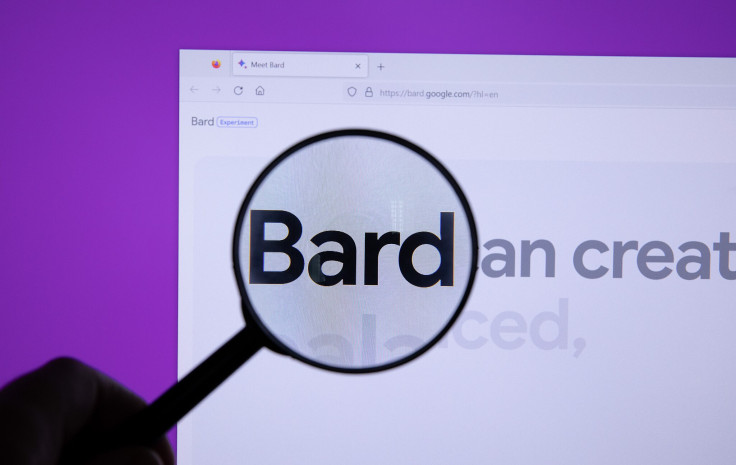Head Of Google Bard Addresses Fear Of AI Development
Google Bard lead believes AI isn't a replacement for people but is a system that can come in handy for accelerating people's creativity.

Aside from taking the world by storm, the emergence of artificial intelligence (AI) has caused some people to worry about losing their jobs to the newfangled technology. Moreover, AI has sparked a fear of the unknown among several people.
Now, Google Bard product lead Jack Krawczyk has addressed these fears. "I think it's natural to fear things that we don't have a deep understanding of," the top executive noted during an on-camera interview with Fox News Digital at Google's New York City office.
Krawczyk also pointed out that Google has "appreciated" this public apprehension in the development of its own AI interface. According to the top executive, the search giant has taken "bold and responsible" steps in a bid to make sure people are familiar with what this new technology has to offer.
"We've transformed the truth of computing. It used to be computers just did things for you... Now we're moving into a world where computers do things with you," he explained.
Can AI actually replace people?
He further clarified that AI is not a replacement for people. On the contrary, the technology is designed to accelerate people's creativity. Also, Krawczyk said AI is "producing really amazing outcomes".
This aligns with a statement made by Turing Prize winner Professor Yann LeCun, who is also considered one of the "Godfathers of AI". LeCun believes it would potentially take "decades" for the development of AI to reach a human level of intelligence.
Mentioning job hunting as an example, Krawczyk said AI can come in handy for finding open positions and preparing people for interviews based on the job descriptions.
"You could come up with questions you might get asked on your own but the technology helps you come up with possibilities that you might not have otherwise," he said.
To ensure it is adding the most value for people, Krawczyk said Google is taking all the feedback on its AI-powered chatbot Bard into consideration. He also noted that several corporations restrict their employees from using AI tools to ensure the security of sensitive information.
For instance, Korean tech giant Samsung banned the use of AI tools like ChatGPT and Bard citing security concerns earlier this year. "There is a lot of discussion around how the information that is presented in these interfaces ensures the compliance requirements of a company," Krawczyk said.
Benefits of using chatbots for people and businesses
However, some companies are using Bard as an effective workplace tool. According to Krawczyk, engagement with this sort of creative exploration encourages employees to do more work in less time and at a higher quality.
In less than a year after its launch, @Google’s #AI chatbot, #Bard, has already had an extraordinary global impact. On this episode of Spotlight On: AI @JackK and @Accel’s John Locke discuss Bard’s formation and the creative potential that lies ahead. ➡ https://t.co/sRIMyqs0DS pic.twitter.com/DdR8wfRc7Q
— Accel (@Accel) November 28, 2023
Krawczyk said he uses Bard as his personal "brain organizer" that helps him collect his thoughts when his mind is "going in 27 different directions" throughout the day.
He takes all these thoughts at the start of the day and opens Bard on his phone. After pressing the microphone, Krawczyk says he just talks for five minutes. "And Bard helps me realize that usually, it's only two or three things that I'm talking about in circles," he said.
Describing Bard as a "collaborator" that listens to him without judgment, Krawczyk said the AI bot helps him figure out what is important to him and offers to help him get through it in the day.
In fact, he says using Bard has been his "cheat code" that enabled him to "show up like I've got my act together". Krawczyk believes the net benefit of generative AI models is their ability to understand diverse perspectives that we aren't likely to consider.
Dr. Harvey Castro, who is a Texas-based board-certified emergency medicine physician and national speaker on AI in health care, complimented Bard's capabilities in a conversation with FOX Business.
"Google Bard is not just a technological advancement," he said. "It's a tool reshaping how we approach everyday tasks and challenges". According to Dr. Castro, Bard has the potential to significantly impact our social skills and daily lives.
As far as the long-term implications of integrating advanced AI into daily life are concerned, the expert said: "The societal, psychological and ethical impacts are still being understood, and it's vital to approach the adoption of these technologies with caution and continuous evaluation."
© Copyright IBTimes 2025. All rights reserved.






















